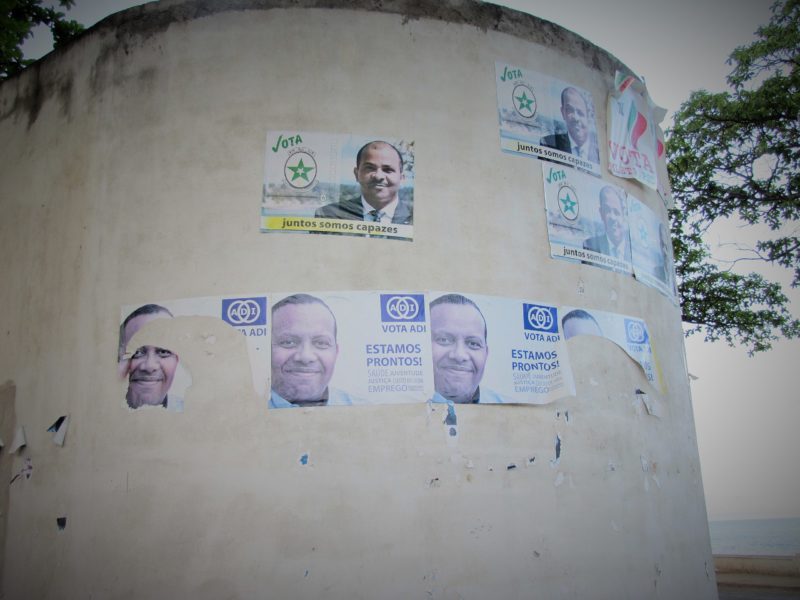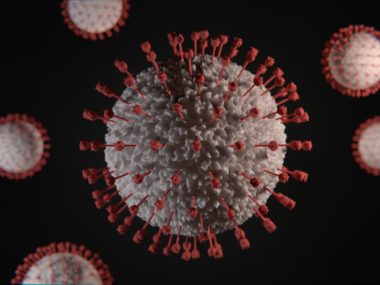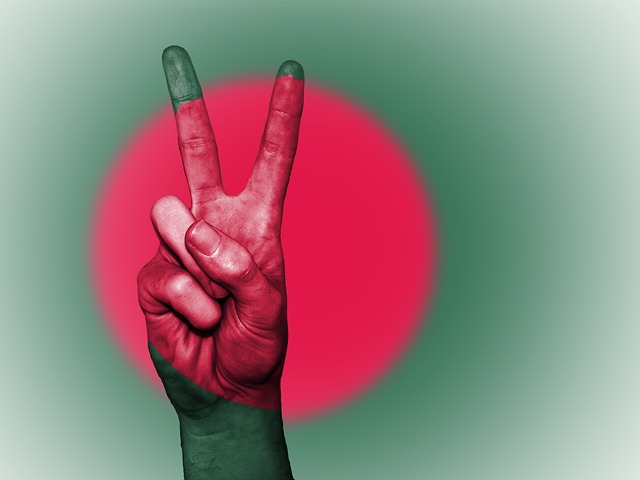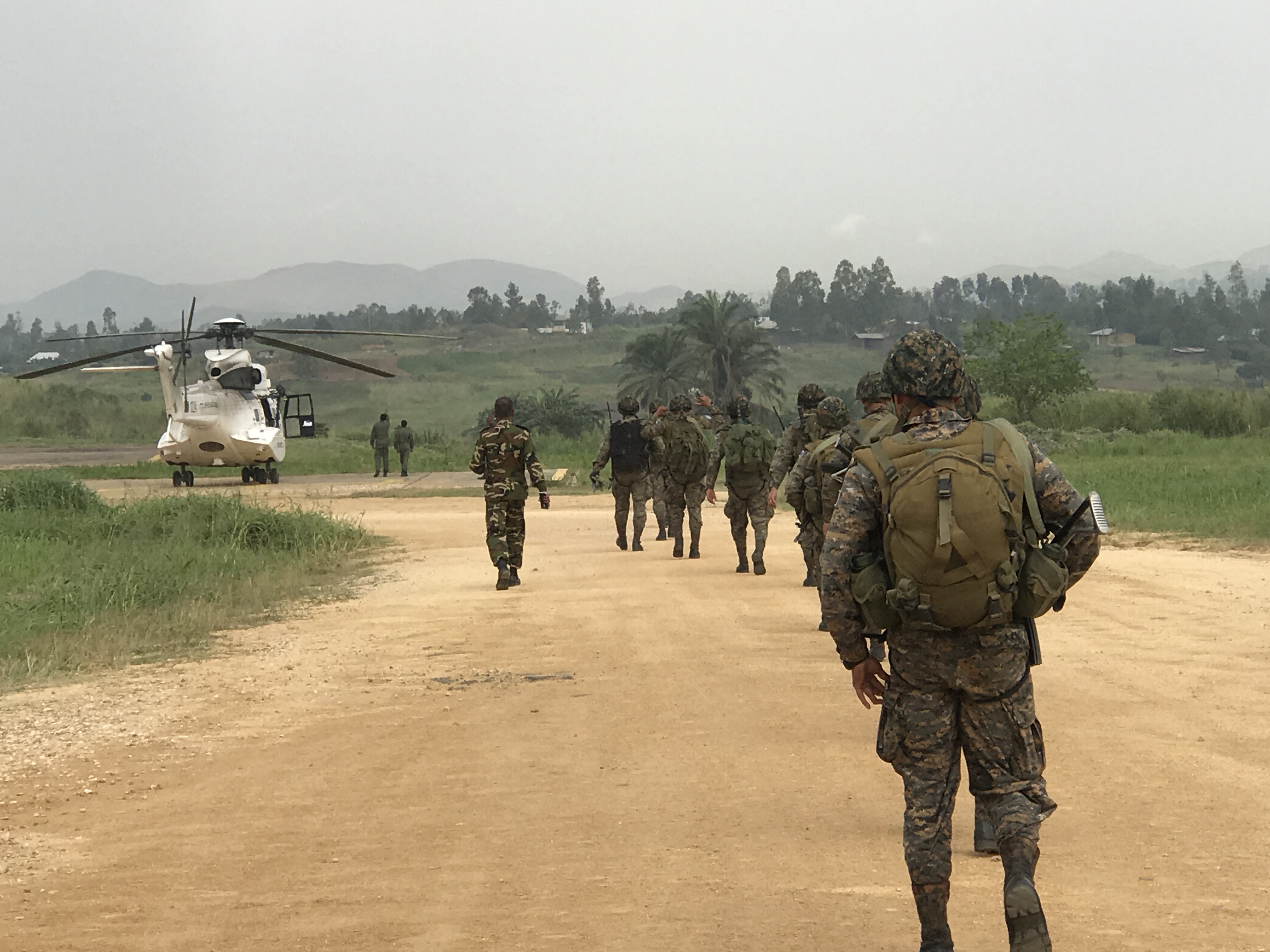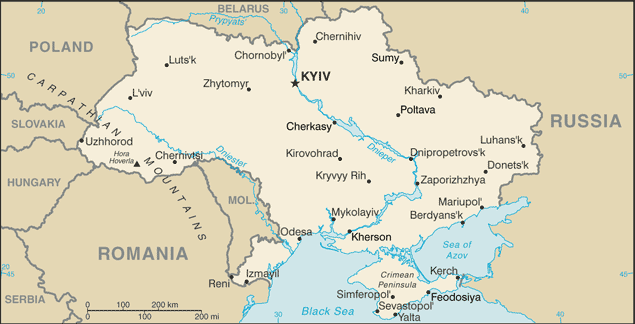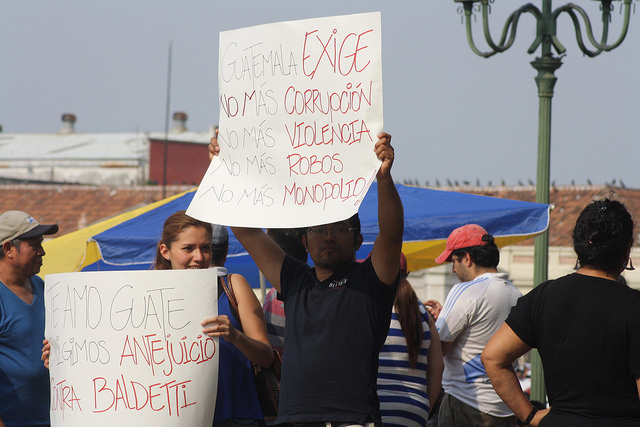Guest post by Jonathan Powell and Julia Oldershaw
Holding competitive elections and the transition of power following elections are crucial for long-term democratic consolidation. But history is replete with undemocratic post-election behavior. Refusals to honor election results have led to civil war in places such as Côte d’Ivoire, foreign military intervention in The Gambia, and now—perhaps most famously—the January 6, 2021 insurrection at the United States Capitol.
In other cases, trouble arises only after the new government has taken power. Such was the case in São Tomé and Príncipe’s capital in the early morning hours of November 25, when just after midnight residents were awoken by gunfire and explosions. A coup attempt had resulted in an hours-long gunfight between regime loyalists and would-be coupists at a local army base. When the coup ended around 6 a.m., four accused plotters were dead and the government, led by the Independent Democratic Action party (ADI), had narrowly avoided becoming Africa’s seventh regime in the last two years to be removed by a coup.
News soon emerged that two prominent Santomean figures had been among the alleged conspirators. The first was Alércio Costa, a former soldier and mercenary who had served in South Africa’s Apartheid-era 32 Battalion. The unit gained notoriety from fictionalized references in films such as Blood Diamond and Elysium, but the unit’s links to real coups has not been uncommon. Some of its veterans were linked to the infamous 2004 plot to oust the government of Equatorial Guinea, a plot which implicated foreign figures as prominent as the son of a former British Prime Minister. More relevant to the Santomean political scene, Costa was one of the primary organizers of the coup that unseated the island nation’s government for a week in August 2003. He was convicted again in 2009 for conspiring against the government.
While it is unsurprising to see Costa involved in a coup conspiracy, the second prominent figure was no soldier of fortune. Delfim Neves had unsuccessfully campaigned for the presidency in the summer of 2021 and weeks earlier had finished a stint as president of the National Assembly. That he would be arrested in conjunction with a failed coup attempt is perhaps odd at first glance, but a close reading of recent political developments provides context for his alleged involvement.
The September parliamentary election had seen the opposition ADI take 30 of the 55 legislative seats, resulting in Neves losing his position of president of the National Assembly when the new government was installed on November 11. Reports following the November 25 coup, however, neglect to acknowledge the importance of 2021’s presidential election cycle.
Neves had—with the reported support of Costa—campaigned for the presidency but was eliminated following the July 18, 2021 first round after receiving just under 17 percent of the vote. Neves followed the lead of other recent prominent electoral losers by alleging rampant fraud and was accused of using his position as president of the National Assembly to delay the second round of voting. Neves went further by claiming that President Carvalho could not constitutionally serve beyond the end of his electoral mandate and that he, as President of the National Assembly, should become interim president in the event the election issue was not resolved. This behavior led to accusations that Neves was attempting a de facto coup d’etat.
Further complicating the runoff was an alleged plot to foment a military coup. Óscar Sousa, the Minister of Defense, was accused by the ADI of issuing an August 7 order to the armed forces to arrest the president and prime minister. While details of this order are scant, Prime Minister Jorge Bom Jesus officially requested Sousa’s dismissal, and President Carvalho quickly enforced the recommendation.
More details are sure to emerge regarding the motives and organization of the November 25 coup. But the electoral antecedents of the previous year and a half and the figures involved dramatically illustrate the danger that elections can pose. President Carlos Vila Nova was unambiguous in his reading of the cause, declaring that the coup originated with those “who do not accept election results.”
Preserving democracy in São Tomé and Príncipe, and elsewhere, will require more than efforts at coup avoidance. It will require an ongoing awareness of their threat, particularly in the aftermath of elections. It will also require an international community that demonstrates that “zero tolerance” of coups is more than just a slogan. In this regard, São Tomé and Príncipe is an informative lesson, as both of its 1995 and 2003 coups saw the coupists successfully seize power, only to be thwarted by international reactions. It is only by demonstrating the futility of coups that they will become a thing of the past.
Jonathan Powell is an associate professor in the School of Politics, Security and International Affairs at the University of Central Florida. Julia Oldershaw currently serves as a REIGN Fellow at the University of Central Florida, with her research focusing on elections and political instability in the contemporary world.

